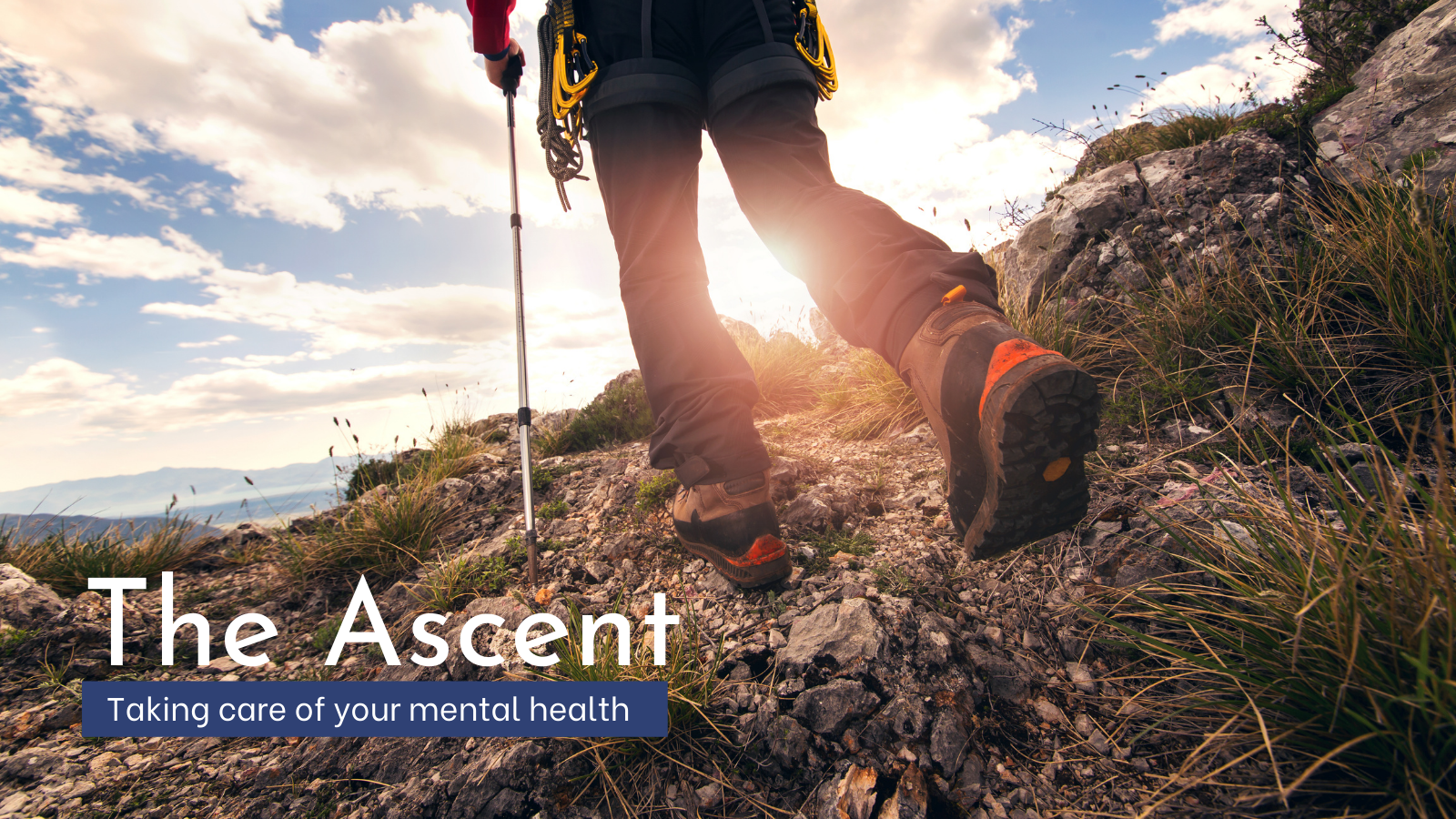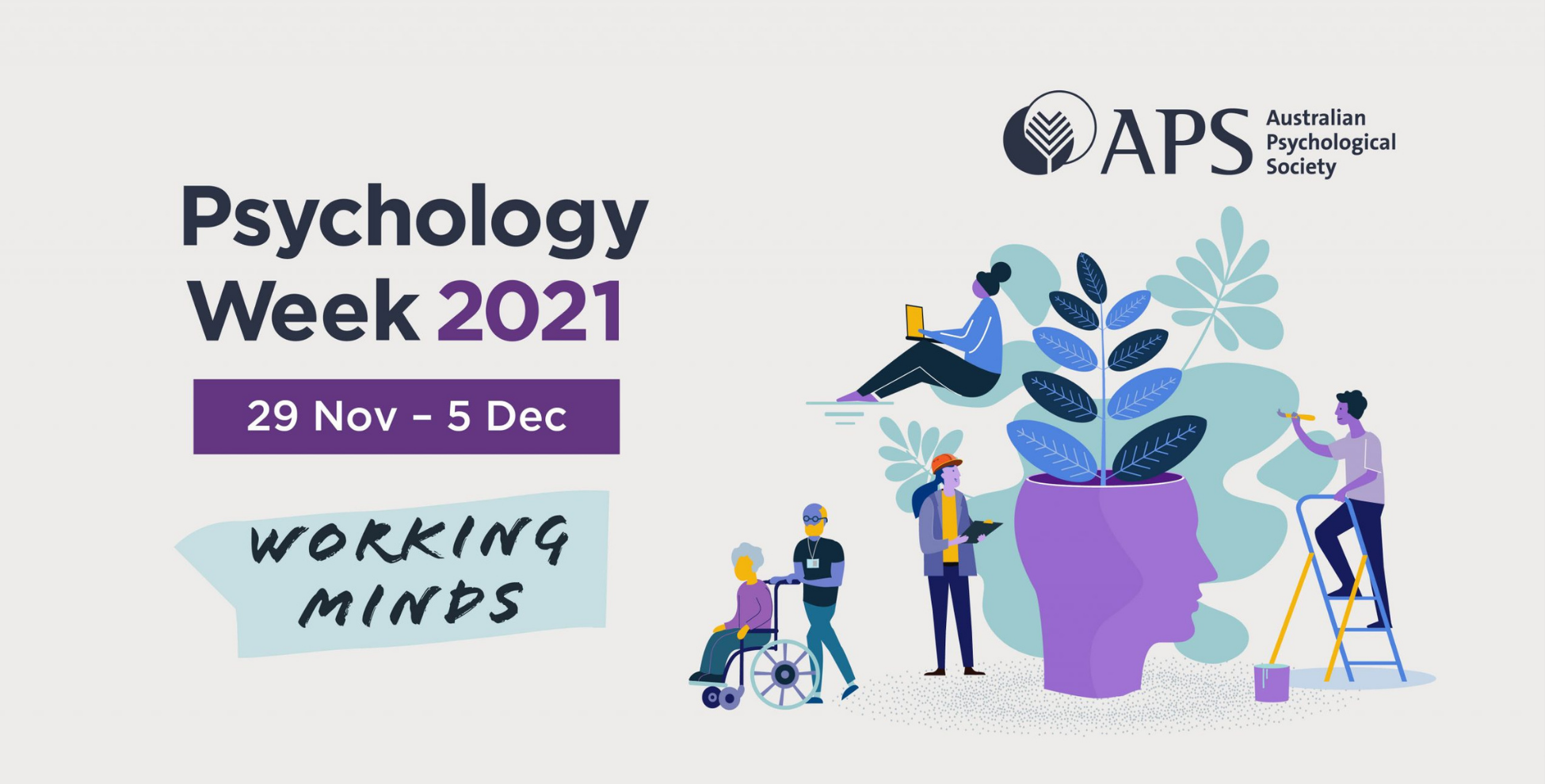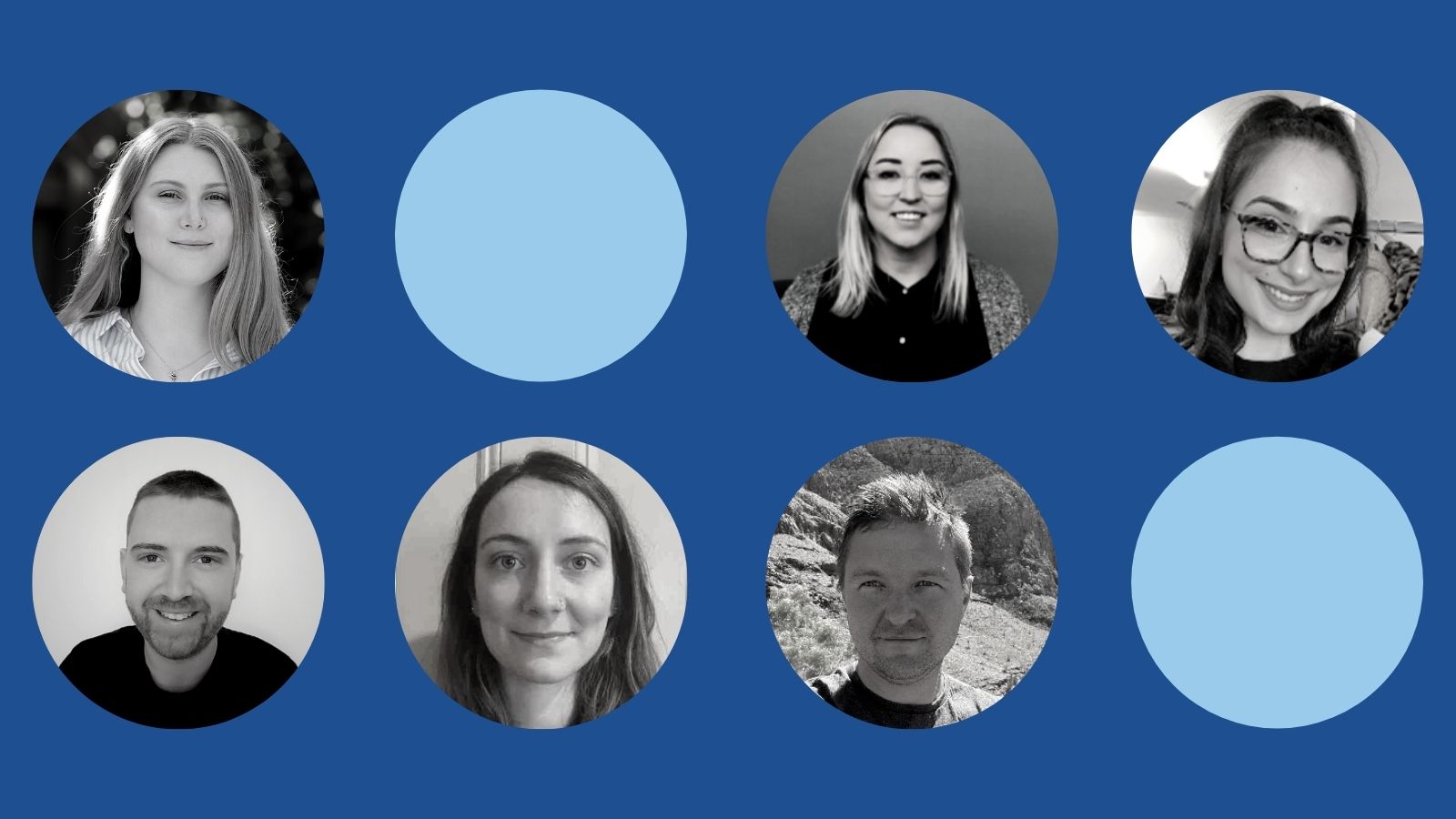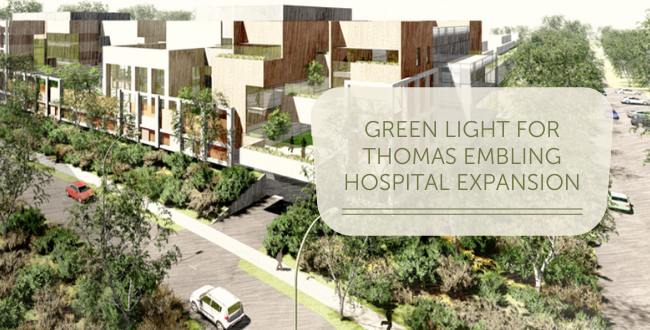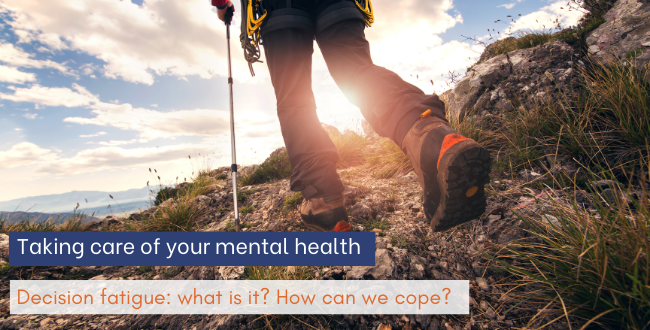Lockdown fatigue amid Lockdown 6.0
We’ve done lockdown before. We know how to get through. We bake sourdough, find our inner yogi, and socialise via Zoom wine dates and trivia nights. So why is this lockdown so much tougher?
Why do the activities that kept us going in prior lockdowns seem so much less interesting and harder than before?
Odds are, “Lockdown Fatigue” goes some way to answering these questions. This issue of The Ascent aims to make sense of the experience of being fed up and exhausted right now.
The term “Lockdown fatigue” helps put into perspective what we might be feeling but haven’t been able to put our finger on.
This concept is defined as the emergence of at times paralysing feelings of apathy and lethargy in the wake of yet another lockdown. We feel weighed down by the on and off-again nature of the recent lockdowns, repeated restrictions and disruption to our personal and professional lives. Many of us are burning the candle at both ends, just to keep things ticking along. We might even feel like we have hit a “pandemic wall”. Exhaustion, lowered motivation and an inability to focus, difficulty making simple decisions (let alone complex ones or multi-tasking!), and irritability are adding to the heaviness of the past week. The last couple of lockdowns have happened faster and with less forewarning than we may have come to expect, jarring us from the steps we had tentatively taken towards normality.
Jayashri Kulkarni, a professor of psychiatry at Monash University and Alfred Health summed this up nicely.
“When snap lockdown happens, it isn’t just the aggravation and irritation of sudden changes in plans,” says Kulkarni. “It’s more a post-traumatic stress-type response. People get thrown back into reliving what happened last year. I think we’ll get more and more anger responses as well. I have a sense people are tired.”
This might be a good time to remind ourselves about why we feel so fatigued when some of the normal obligations we have, especially social ones, aren’t in operation. When we experience stress, our bodies have a physiological response to keep us safe and surviving – that old fight or flight response. When we remain stressed for long periods with little reprieve (such as over the past 18 months), our sympathetic nervous system is working overtime, and our bodies become exhausted. This impacts our ability to think flexibly, achieve emotional balance, and bounce back as we might have done before. Especially when some of our favoured energy-rejuvenating activities aren’t readily available to us.
As health workers, a lot of what little energy we have is often given to caring for others, in both work and our personal lives. A common theme in Reflective Practice sessions at Thomas Embling Hospital this week was on the experience of “others” during this lockdown; kids, people missing their families, our patients. We are so good at caring for others. Possibly, though, what may be helpful right now not only for mental health care workers but for anyone feeling lockdown fatigue is to also focus on looking after ourselves.
Here are some helpful places to start:
- Be kind to yourself, accept of any feelings that arise without judgement or criticism
- Journal or write to help make sense of your thoughts and feelings
- Prioritise time in your day for things you enjoy – music, reading, cooking, gardening, etc.
- Relax! – engage in mindfulness and meditation. Take some time to review the issue of The Ascent on crisis fatigue and the different types of rest if you need some inspiration.
- Don’t underestimate the benefit of a routine, such as an excercise or sleep routine, or something small to help you move between roles such as from work to parenting.
- Switch off from the news and social media – at the very least for the couple of hours before bed so that your mind isn’t cluttered from trying to process information
- Actively take some time to appreciate what we can do. Sometimes we can become stuck thinking about what we can’t do which can keep us in a state of disappointment and fatigue. This may be a result of all-or-nothing thinking, i.e. we are in lockdown or we are not. Maybe there are some small things that we’re missing in the middle that can remain regardless of what we are going through
- Connect and share with one another. One of the most reassuring and invigorating experiences can be lessening the pressure of carrying a difficult load alone
This pandemic has shown us we are resilient. Being mindful of how we’re resting can give us a little reprieve from the fatigue, and better prepare for what tomorrow, or tonight, or the next hour, holds.
The Ascent is brought to you by the Thomas Embling Hospital Reflective Practice team:
Dr Meera Aurora, Reflective Practice Co-ordinator and Dr Diana Talevski and Dr Bonnie Albrecht, Reflective Practice Facilitators, TEH

